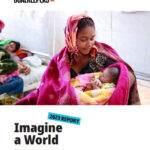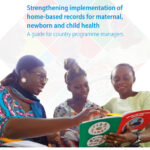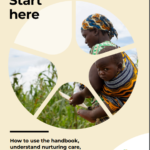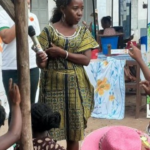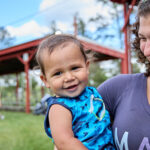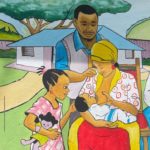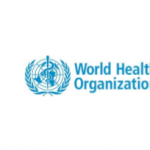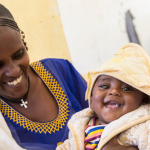Working closely with local leaders, civil society members, and existing structures is a core principle of community engagement.
Engagement strengthens citizens’ voices by involving them in the decisions that affect them. Community engagement can increase the impact of health programs and contribute to long-term sustainability. Women’s groups convened for participatory learning and action is a methodology that has been tested across Latin America, Asia, and Sub-Saharan Africa. When certain key conditions are met, this approach has been shown to reduce maternal and newborn mortality risk.
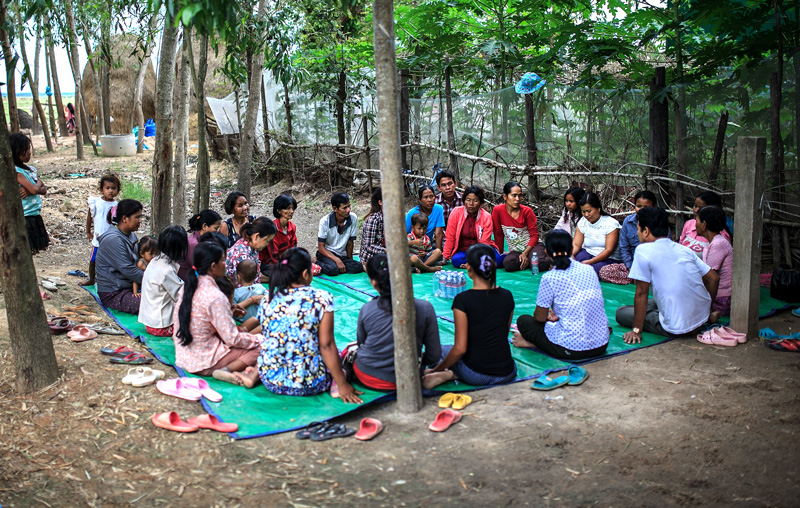
More information
There are a wide range of community-level actions that can make a difference for maternal and newborn health; these include:
- Mobilizing local resources, including municipal governments, to expand service access (e.g., by hiring nurse-midwives)
- Having local health committees or development committees prioritize maternal-newborn health (e.g., by developing local provisions for emergency transport)
Local government, community-based organizations, local religious communities, and others all potentially can mobilize to ensure better outcomes for mothers and newborns.
One methodology specifically developed to encourage effective community mobilization for maternal-newborn health is facilitated women’s groups with cycles of participatory learning and action. Experiences with this method have been comparatively small scale and under controlled study conditions so far. The women’s groups have been demonstrated as effective in reducing mortality in rural (but not urban) settings, when there is sufficiently intensive implementation to ensure that at least a third of pregnant women participate in the group meetings. The usual pattern has been to work through the specific content in a series of monthly meetings over a period of 24 months or more, under the facilitation of a trained animator. In most of the documented cases, these animators have been paid by a non-governmental organization or research project, although there has been experience using existing cadres of community health workers, such as Accredited Social Health Activists (ASHAs) in India. Because of the design of these studies, it is not possible to clearly separate out the relative contributions to mortality reduction that can be attributed to community action versus behavior change by individual participating pregnant women.
